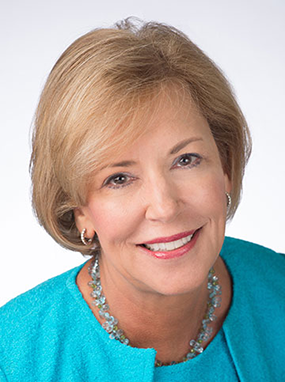Social justice in schools requires difficult conversations and clear vision
Social justice in schools requires difficult conversations and clear vision
By Stephanie Hirsh
Categories: UncategorizedAugust 2010
Read the remaining content with membership access. Join or log in below to continue.
Sed ut perspiciatis unde omnis iste natus error sit voluptatem accusantium doloremque laudantium, totam rem aperiam, eaque ipsa quae ab illo inventore veritatis et quasi architecto beatae vitae dicta sunt explicabo. Nemo enim ipsam voluptatem quia voluptas sit aspernatur aut odit aut fugit, sed quia consequuntur magni dolores eos qui ratione voluptatem sequi nesciunt. Neque porro quisquam est, qui dolorem ipsum quia dolor sit amet, consectetur, adipisci velit, sed quia non numquam eius modi tempora incidunt ut labore et dolore magnam aliquam quaerat voluptatem.

Stephanie Hirsh retired in June 2019 after 31 years with Learning Forward, an international association of more than 13,000 educators committed to increasing student achievement through effective professional learning. Hirsh led the organization as its executive director for the last 13 years where she presented, published, and consulted on Learning Forward’s behalf across North America.
Categories: Uncategorized
Recent Issues
LEARNING DESIGNS
February 2025
Read the remaining content with membership access. Join or log in below to...
BUILDING BRIDGES
December 2024
Read the remaining content with membership access. Join or log in below to...
CURRICULUM-BASED PROFESSIONAL LEARNING
October 2024
Read the remaining content with membership access. Join or log in below to...
LEARNING TO PIVOT
August 2024
Read the remaining content with membership access. Join or log in below to...









